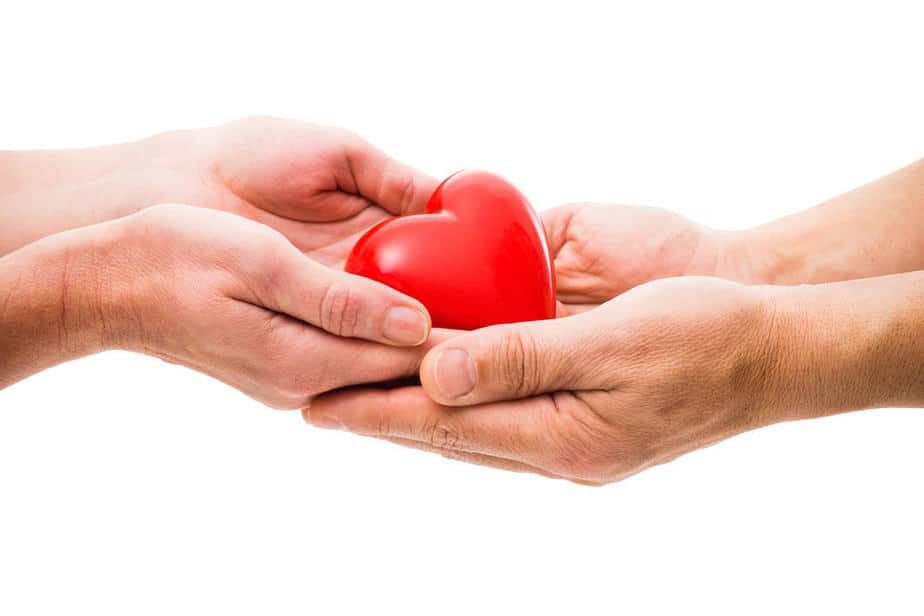
Nobody wants to think about what will happen to our bodies (or properties!) after we die. Just as sensible people make wills, sensitive persons should sign a pledge to donatie organs, even the whole body, so that others can get a new lease of life. Just as plants and animals serve a purpose even after their time are over, we too can help others live by donating our organs. No point carrying them to your grave or funeral pyre.
Enabling legislation is in place, in the form of the Transplantation of Human Organ Act (THO), passed in 1994 to streamline organ donation and transplantation. An important clause accepted brain death as a form of death. It legalised not only kidney transplants but also other solid organ transplants like liver, heart, lungs and pancreas.
The results were encouraging. About one-third of all liver transplants now come from deceased donors, as do all heart and pancreas transplants. In some states, notably Tamil Nadu, a few hospitals along with committed NGOs have kept up the momentum by persuasion and awareness campaigns.
However, there is an organ shortage, as supply has nowhere kept pace with demand. One reason is that people are not clear about brain death, namely, the simple fact that it is now equated with death. Before the plug is pulled, in an ideal world, organs should be harvested as there is a dire need for them to put other patients back on their feet.
Dr Hemant Atri, General Surgeon at Fortis Hospital, Faridabad, has actively been spreading awareness. “Death comes suddenly, and leaves relatives and friends so devastated that it is hard to broach the topic of organ donation,” he says. “From the doctors’ point of view, time is of the essence, as there is a limited window of opportunity for harvesting organs.”
Recalling an experience which gave him a jolt, he says, “Two years ago, I tried to motivate the parents of a son who was brain-dead, saying that this way he can live for another 100 years, if you add up the extra years each patient would get from different organs. But this attempt backfired, as they started shouting that I must be part of a commercial network.” So he started organising camps – three are held every year at Fortis’ Faridabad branch. NGOs help to mobilise people, forms are made available, a cycle rally is held, T-shirts with slogans are worn.
The effort is paying off. “People are coming in large numbers — we managed to motive 1,000 people. Typically, out of 40 donors, 20 are ready to donate their whole body. Of course, my whole family has registered, so have many staff members.” A lot more people donate eyes, from which only the cornea is extracted these days.
The greatest demand in India is for kidney and liver. Kidneys fail due to diabetes, which damages the filters of the kidneys, the glomeruli. This leads to the leakage of high amounts of protein from the blood into the urine. The liver is damaged by alcoholism. Besides, what is needed is skin, intestines and hearts.
So how can you pledge to donate? Delhi’s AIIMS has the Organ Retrieval Banking Organisation (ORBO) which has a 24-hour helpline 1060. Safdarjung Hospital has the National Organ and Tissue Transplant Organisation (NOTTO) run by the Directorate General of Health Services. To pledge your organs, you can download a form which needs the signature of two witnesses, one of whom is a close relative. In this way, you ensure that somebody other than yourself knows about your intentions and carries them out when you are going or gone. Mail the filled up form to the hospital address given on the website.
‘First relatives’ who are allowed to donate include mother, father, brothers, sisters, son, daughter, and spouse — even grandparents. They have to provide proof of their relationship by genetic testing and/or legal documents. Others can donate if approved by a government-appointed authorisation committee — which only politicians seem to manage.
India has a registry of persons who need organs. It is like a waiting list, when an organ becomes available, whoever is next on the list gets it. “It can take years — the registry runs to about 22,000 currently,” Dr Atri points out. “Even spouses are now allowed to donate, but their genotype would be different, so genetic matching has to be done. Patients often go abroad to Singapore and Malaysia where the laws are quite generous in
defining who can be a donor. For instance, cousins are also acceptable there.”
So from doctors’ point of view, getting a donated organ is no cakewalk. The donor might have signed a pledge but relatives can object, causing a delay — more than six hours, and it’s all over. If these hurdles are overcome, many patients get a new lease of life from a single person.
Dr Reshma is an advocate of wellness, prevention and holistic health. Instagram handle: dr.reshmakhattarbhagat
The NGT took suo-motu cognisance of a news report citing a survey by ICAR- CIFRI…
A total of 10 have been arrested for extorting money from traffic police personnel and…
During the hearing, the Centre's counsel said the Delhi court's decision was in the teeth…
The incident occurred around 7.30 am near Shiv Dhaba in Dadri village under the Daurala…
The funds will be used for routine expenses and various schemes, including the development of…
Finance Minister Nirmala Sitharaman said the government will provide incentives for manufacturing seaplanes in the…